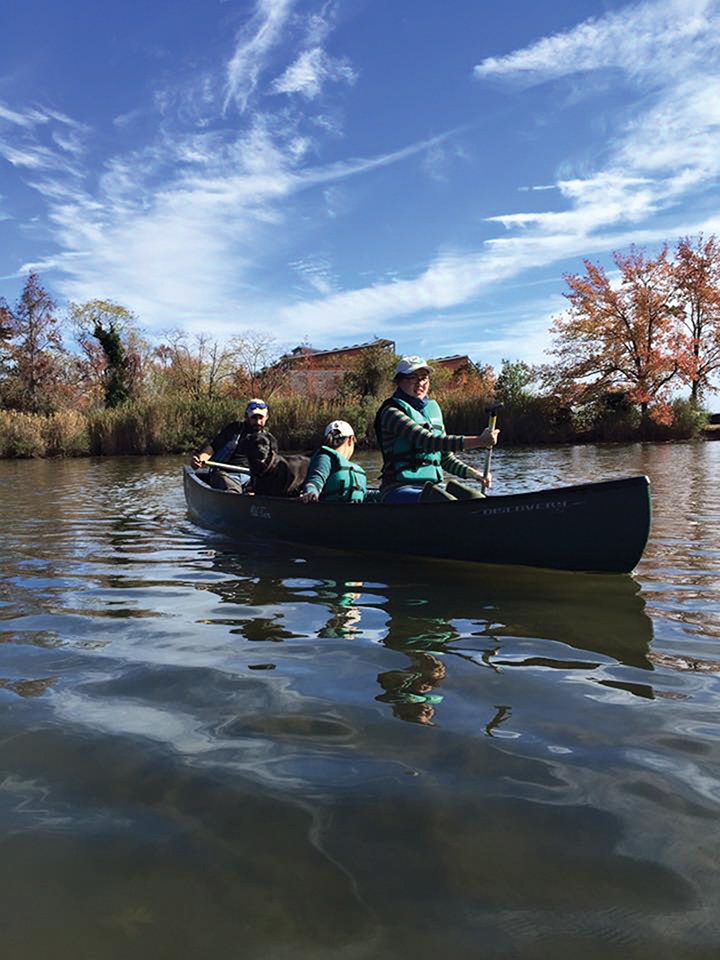University of Maryland student group Alternative Breaks received a $5,000 grant for this semester that will help with its community service-learning trips, said Courtney Holder, Alternative Breaks coordinator.
The Chesapeake Bay Trust, a nonprofit organization that supports Chesapeake Bay restoration efforts, awarded the grant to help the student group finance its trips and provide money to students who would like to be a part of the trips but cannot afford them, Holder said. The grant hopefully will also increase the frequency of trips to once a week, she added.
“We do trips throughout the year already, but with this money, we can create more trips during the year for more service opportunities,” said Holder, citing projects such as street cleaning and planting trees as potential weekly activities throughout the year thanks to the grant.
Ann Marie Huisentruit, a current Alternative Breaks intern, said the grant will help the group host bay-oriented events as well. The group typically offers environmental trips as well as those with social justice, children and education themes.
“If we host more events that are more bay-oriented, we would be able to get the word out about the environment,” said Huisentruit, a senior elementary education major. “We would have the money to help inform others about the issues that are going on in the bay area as well as other aspects of the environment.”
She mentioned oyster conservation and keeping the Chesapeake Bay clean as future issues for the group to work on.
The group’s program Alternative Weekends — the entire-weekend version of a TerpService Day — will be a major beneficiary of the grant, Huisentruit said.
“We are in our third year of Alternative Weekends and it is a program where our members go do service-learning trips for a weekend and then report back on what they learned while there,” Huisentruit said.
Alternative Weekends offers two different trips for four weekends every year, she said, and involves “a group of students that go out to the Chesapeake Bay and another that goes out to Clagett Farms in Upper Marlboro in June, July, October and November.”
Although the student group had the money in 2015 to help cover operating costs, Alternative Breaks had to use money that was meant for other projects, such as panels and discussions held on the campus, to help pay for all of its spring, winter and summer trips because some students could not afford them, said Ya-Maila Bangura, a current participant and Chesapeake Bay trip team leader.
“We have trips that range from $10 fees to $600 to $1,300 fees,” said Bangura, a senior government and politics major. “If a student wants to go and serve, Alternative Breaks wants to be able to provide scholarships that help those students.”
These trips help facilitate discussion on the issues participants encounter while out serving, and also help create partnerships with places they serve in, Bangura said.
Although her focus is on the environmental trips Alternative Breaks offers, Bangura said students can participate in the other types of trips offered as well.



